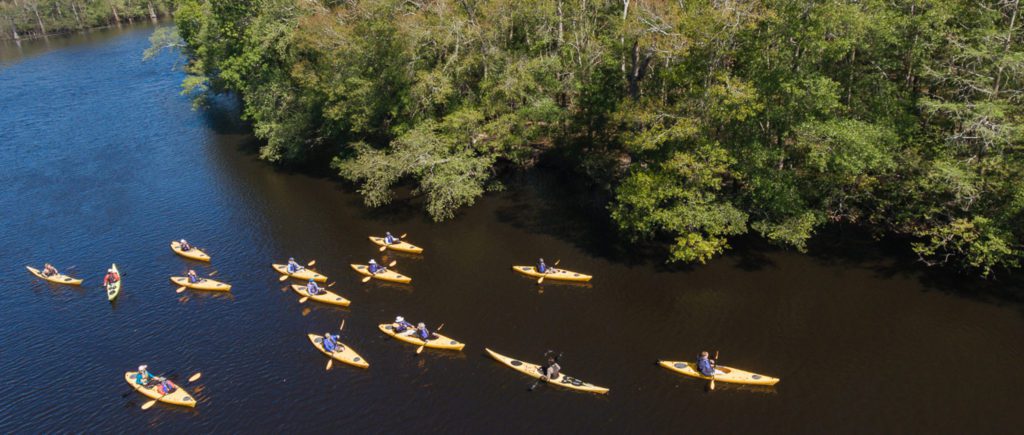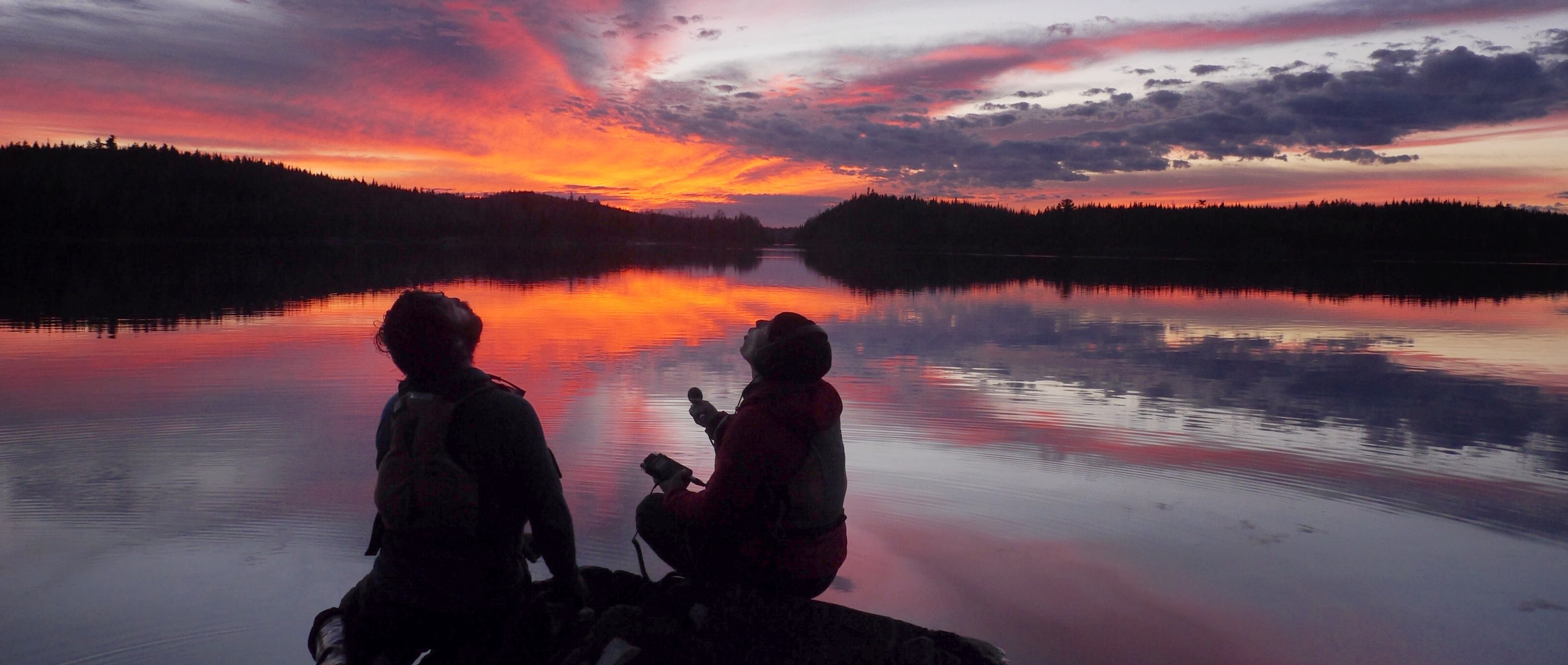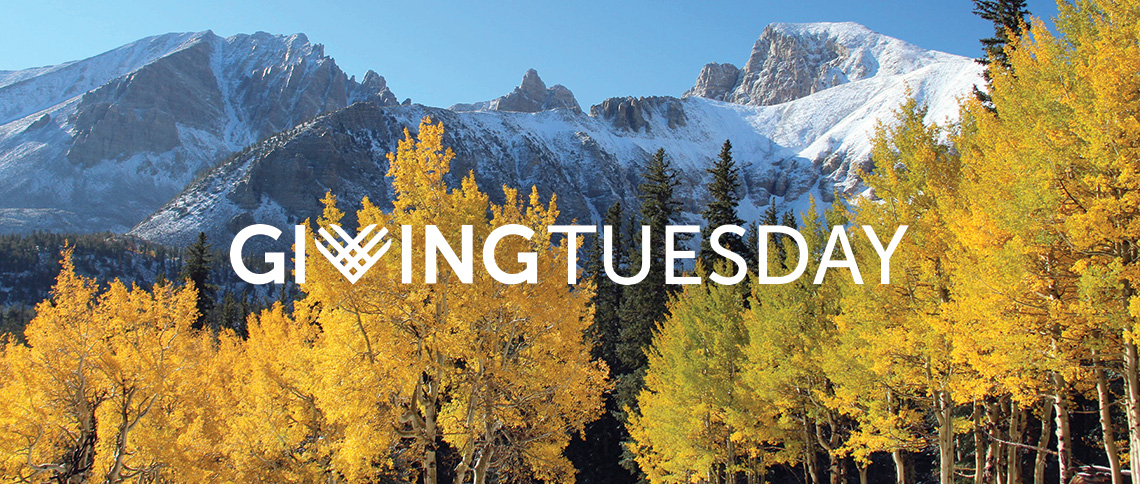Rivers connect us. They bring people together along waters that flow from one community to the next. They provide a connection to nature through wildlife viewing and outdoor recreation. And they provide habitat for a diversity of species that create thriving ecosystems. We’re excited to see the Black River watershed and its inhabitants experience all of these benefits through conservation and the creation of a new state park.
In March 2021, we awarded a grant to the Open Space Institute (OSI) to acquire and permanently protect 1,277 acres along the Black River in South Carolina. This tract of land serves as a linchpin in a milestone effort to create the Black River State Park and Water Trail, which will establish a conservation and outdoor recreation corridor along a 75-mile stretch of river. The new state park will provide river access, outdoor recreation, and economic opportunities to nearby communities while also protecting critical floodplain habitat and mature forest. OSI will donate the new parcel along with previously acquired 2,127 acres to the South Carolina Department of Parks, Recreation & Tourism, and it will be managed locally.
The vision and strategy for the Black River State Park and River Trail has been a grassroots community effort, beginning in 2018 and including local residents, landowners, municipal county governments, state land trusts, and two state agencies. The Black River, named for its dark, tea-colored waters that are infused with organic tannins by the cypress and tupelo trees lining its banks, wends through five counties and is one of the region’s greatest natural assets. Yet, historically, this stretch of river has been surrounded by private landholdings, cutting off access from nearby predominantly Black communities that are also among the most economically disadvantaged in the state. This acquisition and the new park will provide economic opportunities, a model for sustainable economic development, and safeguard clean drinking water to a region that’s been traditionally overlooked.
The Black River State Park and Water Trail, South Carolina’s first wilderness-quality, riverine park, will offer locals a resource where they can recreate outdoors and connect with nature. An area that has historically been held by timber companies, and more recently targeted by resort and second-home industries, will instead offer public space for activities like canoeing, kayaking, fishing, wildlife viewing, hiking, camping, and picnicking. And because of its uniqueness, the new park is sure to attract visitors and outdoor enthusiasts from outside of the region, providing tourism and outdoor recreation opportunities to local economies.
In addition to addressing a systemic lack of public access for local residents, the new park will provide an ecological refuge for diverse wildlife and will play a critical role in mitigating the impacts of climate change. Mature cypress and tupelo forests make up the wetlands that contain some of the most ancient trees in North America, providing a carbon sink and also acting as a sponge during regular flooding events caused by hurricanes and ever-more-frequent rainfall—holding onto water that would otherwise impact downstream communities. Longleaf pines, grasses, and flowering plants comprise the most diverse plant community in the temperate zone, and birdlife including swallow-tailed kites, wood storks, prothonotary warblers, red-cockaded woodpeckers, orchard orioles, and sedge wrens add to the biodiversity of the watershed.
What makes this success story particularly special is that it’s truly a grassroots coalition effort. Local residents recognized that the river flowing through their communities had the potential to offer an even greater connection—to each other, to their natural surroundings, and to their future. They came together to create a long term vision for the stewardship of the Black River watershed, and they will continue to shape how the river is managed in the future. In addition, because this project was accomplished via a private land acquisition, it did not require a lengthy legislative process and was able to move quickly and efficiently in accordance with the communities’ vision. Private land acquisitions are a great conservation tool for protecting nearby natural places in a straightforward manner, and the Black River State Park and Water Trail is a great example of what’s possible through collaborative, community-based efforts.
Connecting to South Carolina’s Black River by OSI




